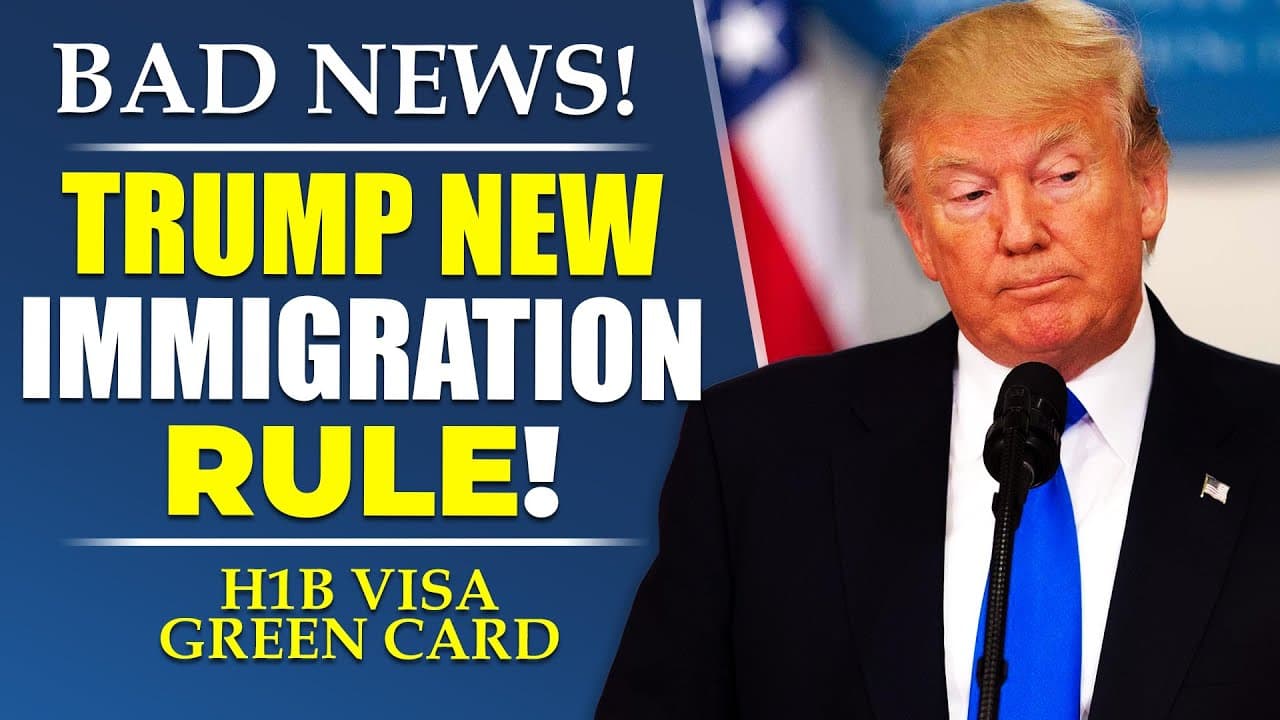U.S. Marines Exchange Fire With Suspected Gang Members in Haiti
U.S. military officials said Marines exchanged gunfire this week with suspected gang members in an episode that underscores the growing insecurity confronting diplomats and citizens in Haiti. The encounter follows months of warnings from the U.S. Embassy and raises fresh questions about the limits of U.S. security roles, Haitian state capacity, and the risks to democratic recovery.
Listen to Article
Click play to generate audio
U.S. military officials disclosed Saturday that Marines operating in Haiti exchanged gunfire this week with suspected gang members, an episode that highlights the precarious security environment facing diplomatic personnel and Haitian civilians. The U.S. Embassy in Port au Prince has for months warned of rising violence on the streets, and in August announced that a contingent of Marines had arrived to provide security for the diplomatic post.
Officials have offered limited public detail about the engagement, including the circumstances that led to the exchange and whether there were any casualties. The lack of information has renewed scrutiny of the United States role in Haiti, where nonstate armed groups have expanded control in many neighborhoods and complicated international efforts to stabilize the country.
The deployment of Marines to protect the embassy reflects a narrow, protective mission tied to safeguarding American personnel and facilities. That mission nonetheless places U.S. forces in direct contact with Haitian security realities and raises questions about mission creep, legal authority, and accountability. Analysts and policymakers will likely press for clearer briefings on rules of engagement, chain of command, and how such deployments fit within broader U.S. objectives in Haiti.
For Haitian institutions, the incident is a blunt reminder of the state security vacuum. Local police forces are depleted and often outgunned by organized gangs that control key transport routes and neighborhoods. That dynamic erodes the ability of civic institutions to operate freely, constrains humanitarian access, and hampers any near term prospects for restoring public order through Haitian-led means.
The episode also carries implications for democratic processes and civic engagement. Persistent violence suppresses voter turnout, deters political organizing, and undermines the credibility of any electoral timetable. Whether the international community supports reconciliation and elections or focuses on short term security will shape how Haitians experience governance in the coming months.
Domestically, the encounter could prompt congressional inquiries into U.S. operations in Haiti, including budgetary oversight and requirements for public reporting on engagements involving U.S. personnel. Lawmakers often demand transparency when American forces become entangled in foreign security operations, particularly in complex environments with fluid lines between protective missions and combat.
For diplomats and aid organizations, the exchange is likely to deepen operational constraints. Embassy security concerns routinely translate into reduced field movement, scaled back programs, and curtailed humanitarian outreach, all of which have tangible effects on civilians trying to access services and support.
Absent clear communication from U.S. military and diplomatic authorities, the episode risks deepening perceptions of opacity around foreign interventions. Effective oversight and candid assessments will be essential to determine whether the protective posture of embassy security can be maintained without becoming a de facto security presence, and how such presence will ultimately contribute to or complicate broader efforts to restore stability and democratic governance in Haiti.


